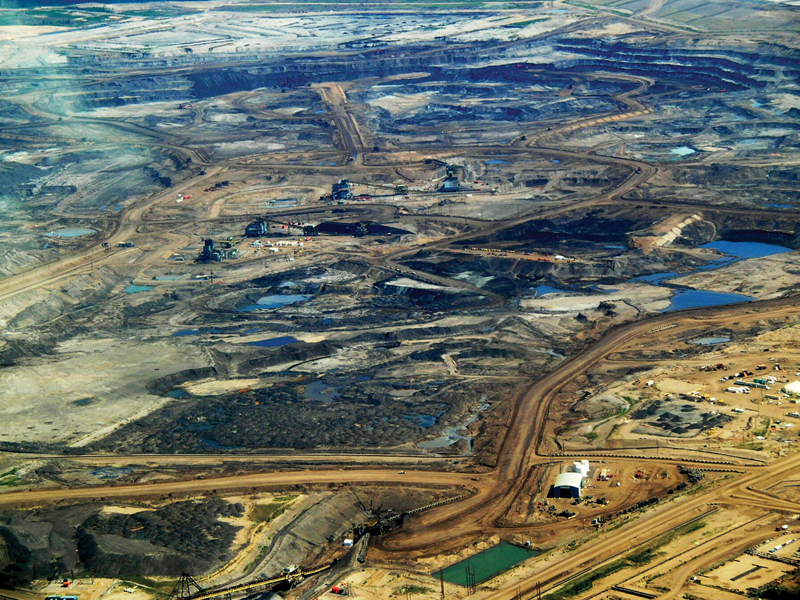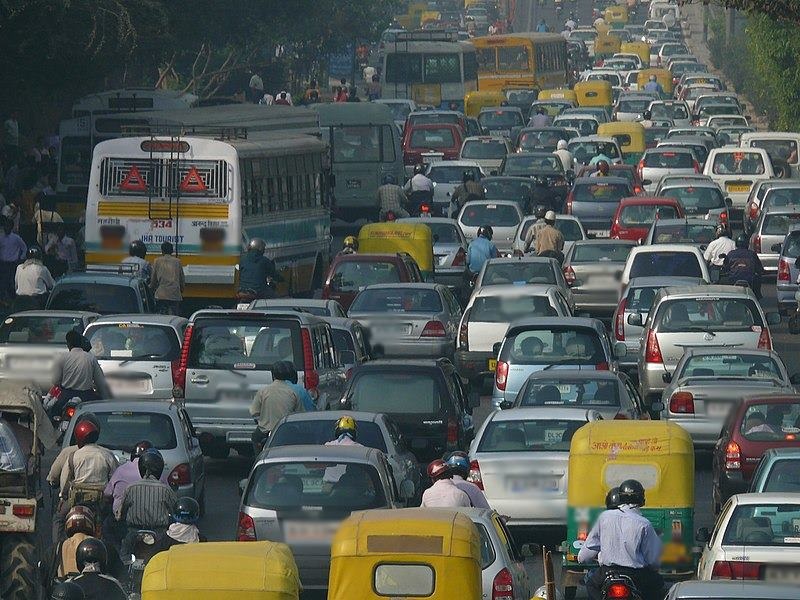As urbanization continues to take hold worldwide, there has been an increase in demand for Sports Utility Vehicles (SUVs). These vehicles are popular because of the sense of safety and comfort they provide. However, their growing popularity has resulted in significant impacts on urban traffic and infrastructure. In this article, we delve into the effects of SUVs on urban traffic and infrastructure and how this has far-reaching consequences.
One of the most significant impacts of SUVs on urban traffic is congestion. SUVs are larger and heavier than regular passenger cars, and this means they occupy more road space. They are also taller and have a higher center of gravity. As a result, they require more space to maneuver around urban areas, which leads to traffic jams, especially in high-density areas. This causes inconvenience to other road users, and businesses may also incur losses due to late deliveries and reduced productivity.
Another impact of SUVs on urban traffic is parking. Due to their size, SUVs require more space when parking, and this can lead to congestion in parking lots, on residential streets, and in public parking spaces. This is a challenge faced by many urban areas worldwide since parking is already scarce in many cities.

The impact of SUVs on infrastructure is also significant. For instance, the weight of SUVs puts a considerable strain on the roads, bridges, and tunnels in urban areas. The added weight from SUVs means that roads and other infrastructure wear out faster than before. This increases the cost of maintenance and repairs, which ultimately leads to an increase in taxes levied on taxpayers.
SUVs create environmental concerns. They consume more fuel than regular passenger cars due to their size, which translates to higher carbon emissions. This contributes to air pollution, which affects the health of urban residents negatively. As global temperatures rise, SUVs add to the overall warming of the planet, making it a concern for everyone.
The impact of SUVs on urban traffic and infrastructure is significant. They cause congestion, parking issues, and put a high demand on maintenance and repair costs. Additionally, their impact on the environment is not negligible. Governments and urban planners need to rethink strategies to curb the impact of SUVs on urban areas. One solution is policies that promote the use of fuel-efficient vehicles, discourage the use of SUVs, and think of alternative modes of travel such as mass transit systems. Such strategies would go a long way in easing the congestion issue in urban areas and create a more sustainable and safe environment for all.

